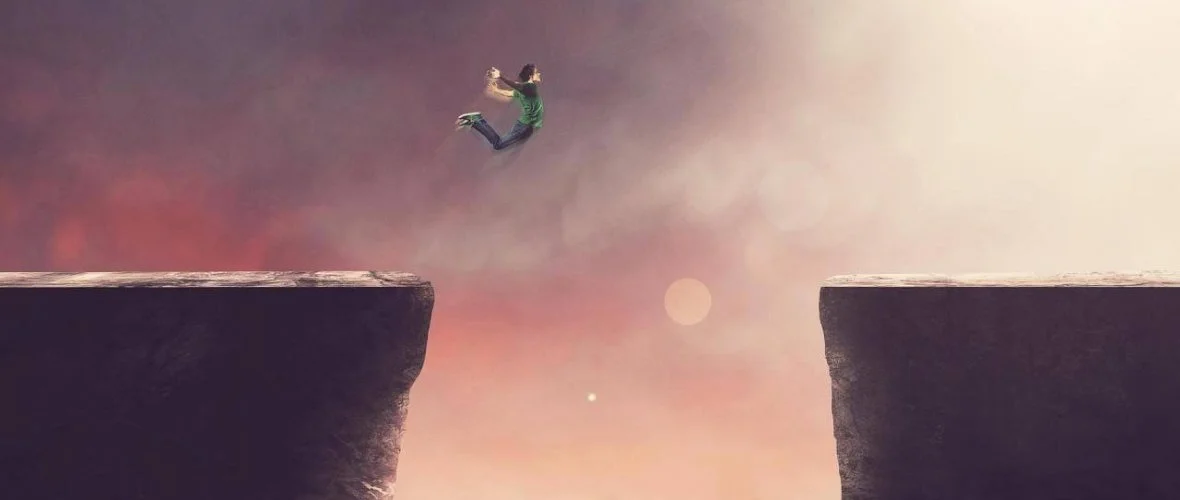The initiative and intrinsic motivation to train solo successfully for extended periods are rare and vital qualities for any aspiring performer. Over recent months the lack of direct coaching supervision, restricted access to training facilities and absence of training partners posed huge challenges for athletes at all levels, testing not only their will but also their ability to find a way. Regular readers will recognise that these are not new themes - as noted before the biggest test of a coach is what happens when we’re not present. With the unprecedented events of 2020 all of this very much came to the fore. The critical role of agency and the need to ensure that athletes are capable of functioning independently are arguably among the biggest lessons that coaches, practitioners and indeed the athletes themselves can take from this tumultuous period.
Tackling Innovation in Elite Sport
An outsider’s view of elite and professional sport tends to assume that these environment are constantly engaged in ‘pushing the envelope’ in the relentless pursuit of better. The situation in reality tends to be quite different. Conventions and the pressure to conform to what others are doing have a powerful pull. Paradoxically the resistance to exploration and barriers to innovation are often more pronounced the highest level. Especially within professional sport those involved are acutely aware that their position is highly prized and job security at a premium. These conditions are naturally not conducive to taking risks or moving beyond the tried and tested. All of this helps to explain the abundant examples demonstrating that opportunities remain to gain significant competitive advantages and even some easy wins






